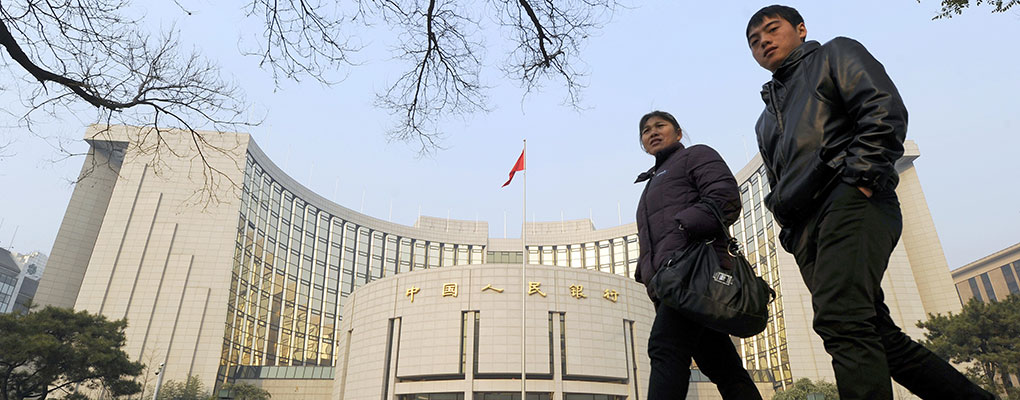
The People’s Bank of China has cut its key lending rate in a bid to stem a gathering stock market collapse and, in doing so, arrest mounting fears concerning the country’s slowing growth. Less than 24 hours after “Black Monday” hit, so-called by local media when Chinese stocks suffered their biggest single-day slump since 2007, the central bank has responded by slashing its rates and pumping liquidity into the banking system.
The interest rate cut is the country’s fifth
since November
The interest rate cut is the country’s fifth since November and will see the key lending rate reduced to 4.6 percent, down from 4.75 percent, whereas the bank’s reserve requirement ratio stands at 18 percent, down from 18.5 percent previously. The latter means that the banking sector will be given more capital to play with at a time when many have been reluctant to lend, for fear of default.
According to the People’s Bank of China, the measures were taken in order to reduce “the social cost of financing to promote and support the sustainable and healthy developments of the real economy.” However, many analysts believe that the rate cut is an overdue response to recent losses on the stock market, and the consensus is that not acting sooner contributed to “Black Monday”. The news is not all negative, and many have been keen to point out that the Shanghai index was up 43 percent on the year previous, as of Black Friday’s end.
The IMF forecasts that China’s growth for this year will come in at 6.8 percent, slightly less than the bank’s seven percent target; and the slowdown has led investors to believe that there will be knock-on effects for companies around the globe. With many reliant upon the world’s number two economy for growth, any negative news for China is negative for profitability, and markets have suffered greatly as a result.


